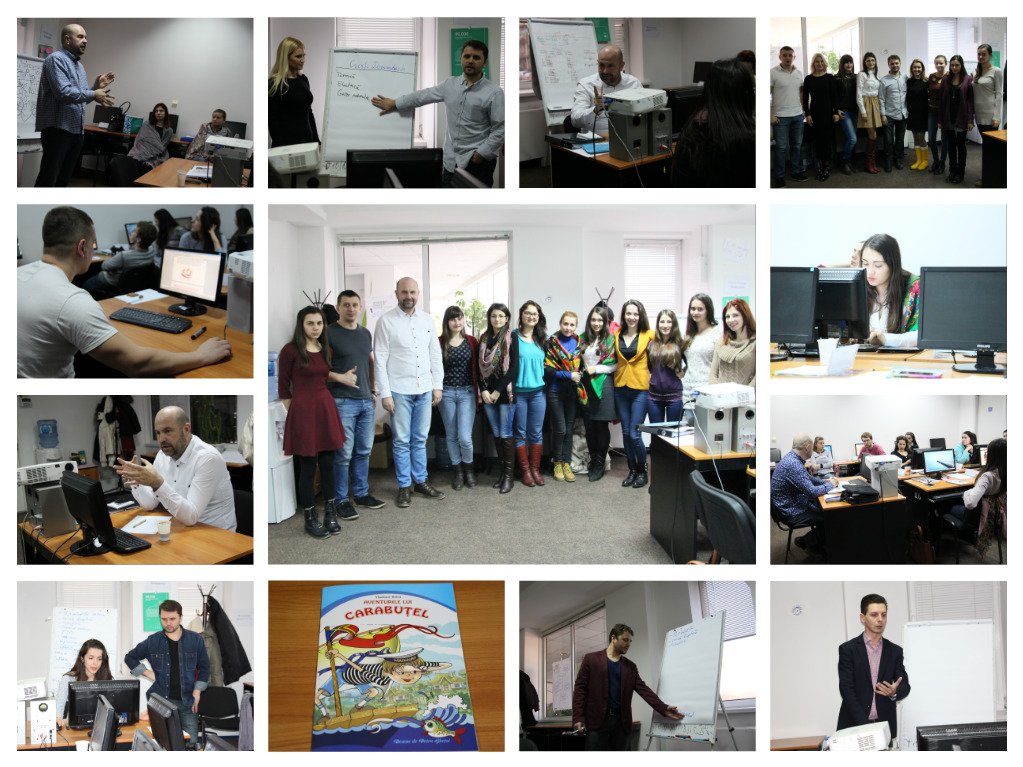SAJ students have been initiated in business journalism

Business journalism is the first specialized course taught at the School of Advanced Journalism. The course aims at familiarizing future journalists with economic notions and terms, which will help them to understand economic topics and, therefore, produce better materials on such topics.
The course is divided into two modules. In the first week the focus was on the theoretical aspects of business journalism. Trainer Vladimir Bolea, who is a businessman and expert in economy and law, spoke with students about the situation in the banking system and discussed such notions as non-performing loans, trade balance, import, export, investment, inflation, raider attacks, corruption, off-shore systems, money laundering, etc. The topic that sparked heated discussions and real debates was the theft of the billion, known as “theft of the century.” Although the course is mostly focused on theoretical knowledge, SAJ students also had to do some practical tasks. “What would you ask the prime minister, minister of economy and the chairman of the Chamber of Commerce and Industry?” was the topic of the first work. For the second task, future journalists made interviews with small entrepreneurs.
The second part of the course was dedicated exclusively to practical activities. For five days, youths did field work, wrote reports and business news, accessed specialized websites, studied data, numbers and statistics, learned how to “humanize” numbers. The purpose of all that was to learn producing clear and exact materials, understandable for any reader or viewer. In this module, students were taught by business journalist Anatol Caslaru, editor of Publika TV. On the last day of the course, future journalists met General Media Group project manager Cristi Dorombach. He talked to SAJ students about the specifics of business in online media. The topic that sparked everyone’s curiosity concerned blogs and how they can become a real source of income.
At the end of the course, SAJ students discussed the importance of documentation in such an exact and sensitive area as economics. “Business journalism is not based on superficial things, but only on concrete and well-verified data,” student Veronica Tabureanu found. This idea was supported by trainer Anatol Caslaru. “Verify any information ten times before writing news, because unverified data can cause real revolts and panic in society,” he reminded to the youths. In her turn, student Olimpia Begleta thought that the course of business journalism was very interesting in the first part and quite intense in the second part. “In fact, it was a basis and introduction into the country’s economic system. We learned to write business news, use reports and statistics. And the fact that we wrote articles daily was a good exercise.”
